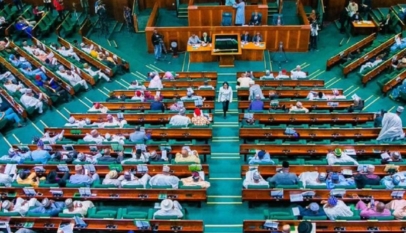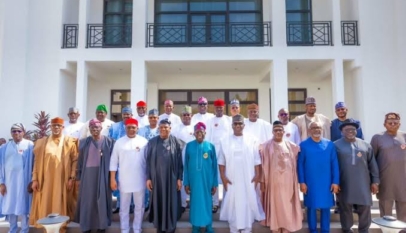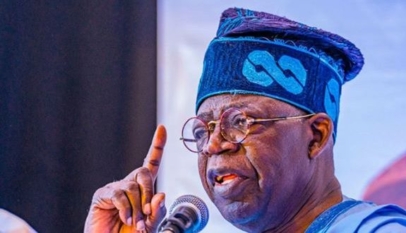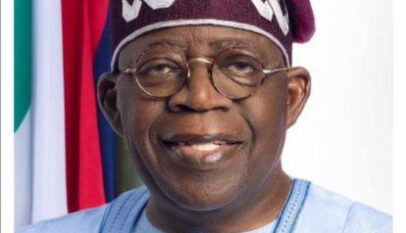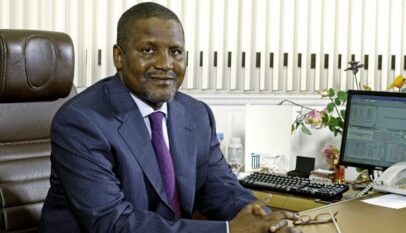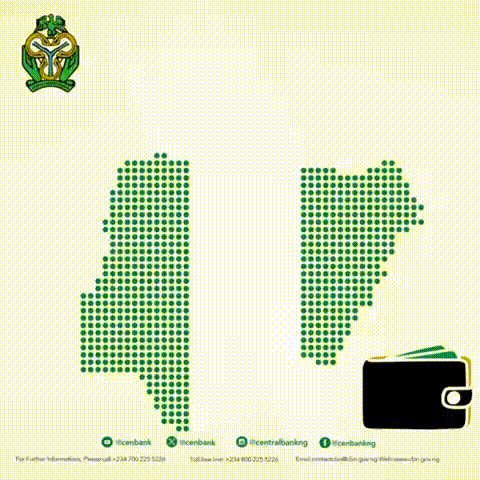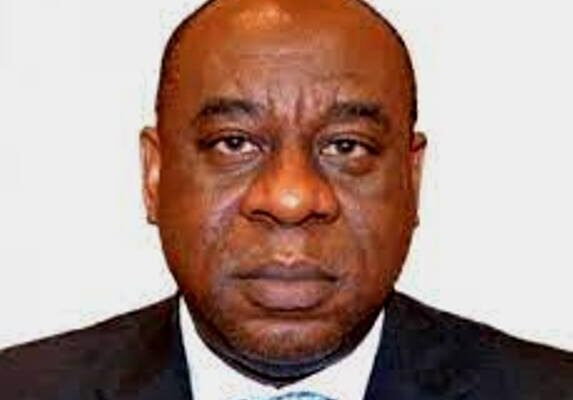
CBN Acting Governor meets Tinubu, promises measures to save forex market
The Central Bank of Nigeria (CBN) has promised to soon come up with stringent measures to stabilise multiple exchange rate in the country.
The CBN Acting Governor, Mr Folashodun Shonubi who disclosed this to State House Correspondents after a meeting with President Bola Tinubu on Monday in Abuja said that this followed the negative effect on the economy by the noncompliance of operators of the forex market to the harmonisation of rates since its introduction.
He said that the President was concerned about the negative impact of the current exchange rate by the operators.
According to him, the bank will in a few days take measures to make the operators in the exchange market comply with directives on the trading of forex.
Speculative activities in the forex market has led to high prices which was not impacting positively on the economy.
In his inaugural speech on May 29, Tinubu said CBN would work towards a unified exchange rate in order to reduce the nation’s Monetary Interest Rate, currently at 18.5 per cent and ensure a single exchange rate.
The CBN then adopted a clean float foreign exchange management in the Nigerian Foreign Exchange market.
It abolished its hitherto multiple exchange rate windows and collapsed them into the business-based Investors and Exporters window.
“All segments are now collapsed into the Investors and Exporters (I&E) window. Applications for medicals, school fees, BTA/PTA, and SMEs would continue to be processed through deposit money banks,” the CBN said in a statement.
“Mr. President is very concerned about some of the goings on in the foreign exchange market. One of the things we discussed were, what could be done to stabilize and what could be done to improve the liquidity in the market and also the goings on in the various other markets including the parallel market.
“He is concerned about its impact on the average person, since, unfortunately a lot of activities that we do, which are purely local are still referenced to the exchange rates in the parallel markets.
“We have discussed and shared with him what we’re doing to improve supply. If you look at the official market, you will find that that market has been fairly stable and the spreads of the difference are not fluctuated as much.
“We do not believe that the changes going on in the parallel market are driven by pure economic demand and supply but are topped by speculative demand from people.
“Some of the plans and strategies which I’m not at liberty to share with you, means sooner rather than later, the speculators should be careful, because we believe the things we’re doing when they come to fruition may result in significant losses to them.”
The CBN acting governor said that the measure would not only ensure the environment operates at a level that’s more efficient, but also reduce the negative impact on the economy and on the lives of the average person.
Exchange rates are constantly moving, based on supply and demand.
Whether one currency is in higher demand than another, depends on the perceived value of owning it, either to pay for goods and services, or as an investment. Currently the dollar exchange for N950 in black market, while the official window go for N940


